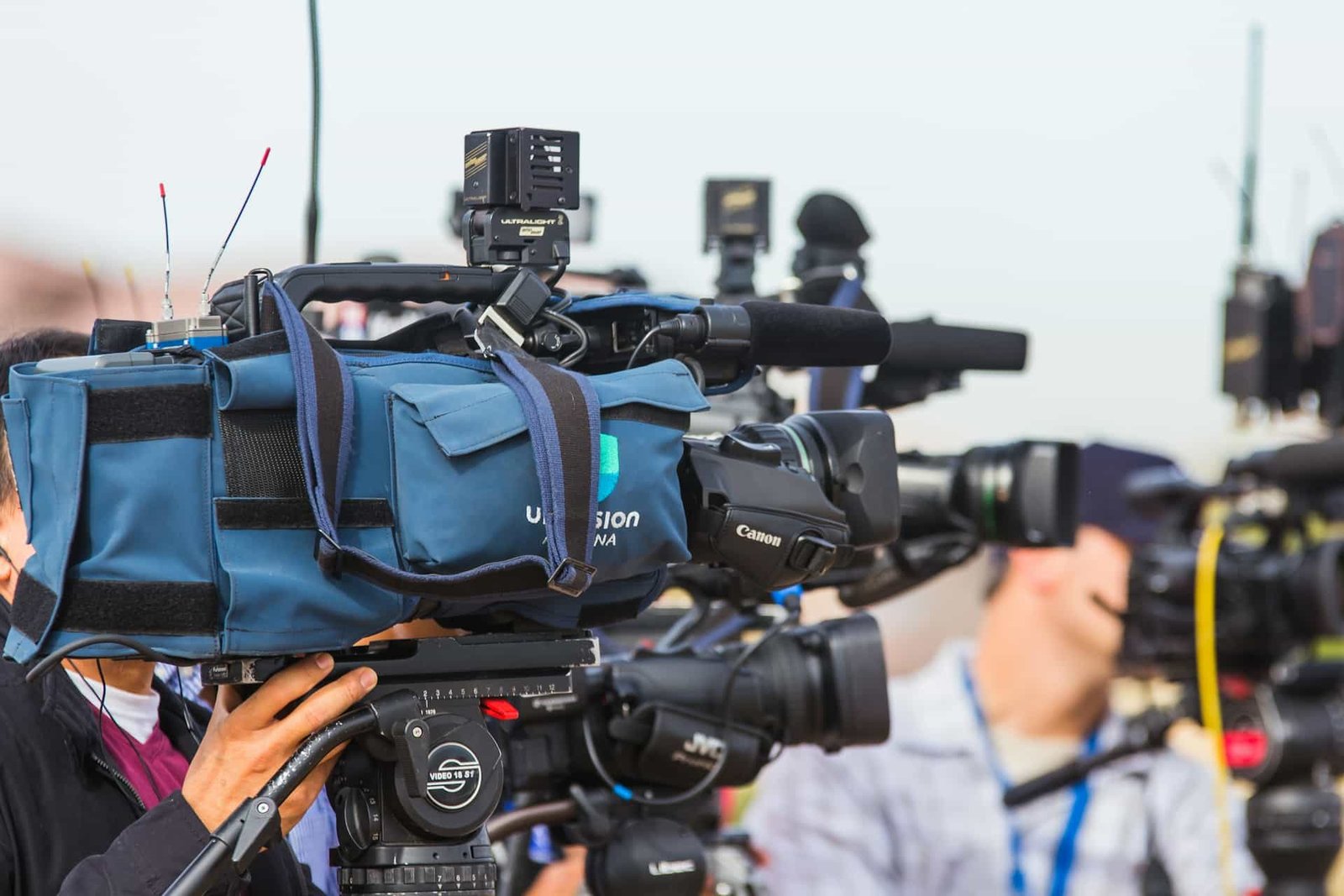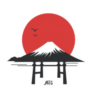Why Japan’s Free Press is so Unfree
Japan has a massive problem when it comes to freedom of the press.
The issues shape what you see on TV and read in the paper.
The latest Reporters Without Borders review ranks Japan 66th globally in terms of press freedom. Believe it or not, that is better than previous years.
On street level, you might notice this while flipping TV channels. Multiple news programmes are running identical stories, one after the other. Use Google Translate on a newspaper, and you would have seen the same stories with the same angles earlier that day.
The results, and the underlying reasons, make for anything but happy reading.
Guaranteed in law, constrained in practice
Freedom of expression is guaranteed in principle for the press in the Japanese constitution.
However, the reality is that journalism in Japan is more often than not shaped by structures that tilt toward harmony and access over confrontation. Three significant factors contributing to this are:
- Kisha clubs (記者クラブ / press clubs): For more than a century, government ministries, agencies, courts, and police have maintained “reporters’ clubs.” This is where journalists receive briefings, background information, and quotes. Membership brings proximity—but also expectations. Be too critical, and access can tighten.
- The Broadcast Act: Japan’s Broadcast Act requires “political fairness,” a principle most democracies share but usually enforce at arm’s length. In 2016, then–Internal Affairs Minister Sanae Takaichi publicly warned that broadcasters could face suspension if deemed politically biased.
- Self-censorship and interdependency: Big outlets have cross-shareholdings with TV networks and deep ties to power. The system fosters a sense of cosiness and a tendency to marginalise independents and freelancers, as well as stories that may anger politicians or bureaucrats. It is a case of “don’t upset the applecart.”

How it all goes wrong
I often refer to myself as a “recovering journalist.” As such, I have plenty of issues with my old profession. That said, dedicated journalists continue to produce great work, and there remains a real need for transparent, independent reporting. Without it, the general public is often left in the dark, and wrongdoers can operate with far too much freedom. In Japan, some examples of this include:
- Fukushima: In the chaotic days after March 11, 2011, major Japanese outlets avoided the word “meltdown,”. Editors from major dailies also restricted reporters from approaching the plant area in the early phase. As a result, the general public was left without clear information about what was happening – unless they had access to international news channels.
- Olympus: When Olympus’s massive accounting fraud (loss-hiding via M&A fees) came to light in 2011, it was an internal whistleblower, Michael Woodford, and foreign media that brought the story to light. Domestic coverage eventually caught up, but the early hesitancy is frequently cited in media studies classes as a case where access norms and corporate ties inhibited a fast and aggressive pursuit.
- Shiori Ito: In 2015, freelance journalist Shiori Ito alleged a prominent TV journalist with political connections raped her. An arrest warrant was reportedly pulled; prosecutors dropped the case; mainstream domestic coverage was muted at first. The New York Times and BBC pursued the story, prompting broader national debate on sexual violence, power, and media reluctance to challenge the powerful.

Why the unfree press patterns persist
There is a famous Japanese saying that goes, “The nail that sticks out gets the hammer.” In the context of press freedom, one of the underlying dynamics at play is how conformity and cohesion are valued across the various institutions of power, including the media.
Simultaneously, access to sources is a currency. Kisha clubs deliver it; club members protect it.
From a regulatory standpoint, little has been done to address the regulatory ambiguity surrounding what can and cannot be said or written in the media. It should be noted that the government both writes the rules and oversees compliance.
Then there are the business entanglements. Keiretsu is a phenomenon that I will revisit later. For now, let me simply say that cross-shareholding among newspapers, TV networks, and large companies is far from unusual.
What would help (but probably won’t happen soon)
It should be possible to create the conditions for a freer press in Japan. However, the following suggestions for doing so are likely to be slow to take effect if they were to be put forward:
- Open up the clubs. Expanding kisha-club membership (or replacing clubs with open accreditation) would reduce the “access tax” on asking hard questions.
- Make regulation independent. An arm’s-length broadcast regulator—standard in other democracies—would lower the temperature on “political fairness” debates.
- Protect whistleblowers & sources. Narrow “secrecy” categories; bolster shield practices so reporters can test government claims without career-ending risk.
- Diversify newsroom revenue. Fewer entanglements (events, sports rights, advertising dependencies) means more editorial spine when it matters.
None of that is simple. But the prize of increased public trust earned by visible independence seems more than worth it.
Photos:
- Bank Phrom on Unsplash
- Matt C on Unsplash
